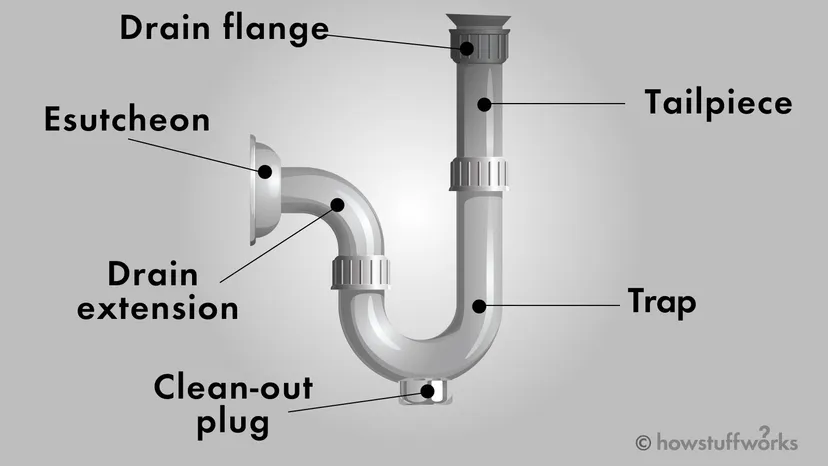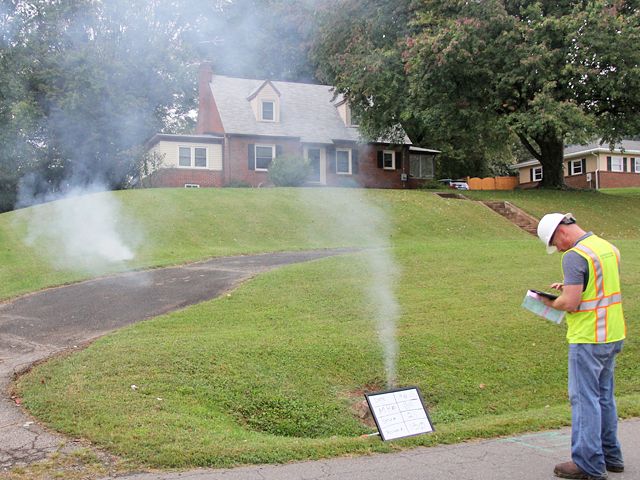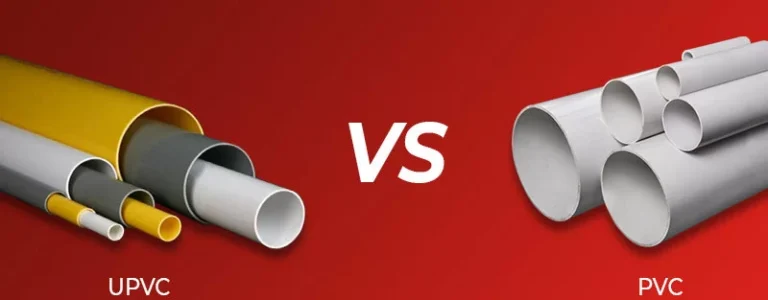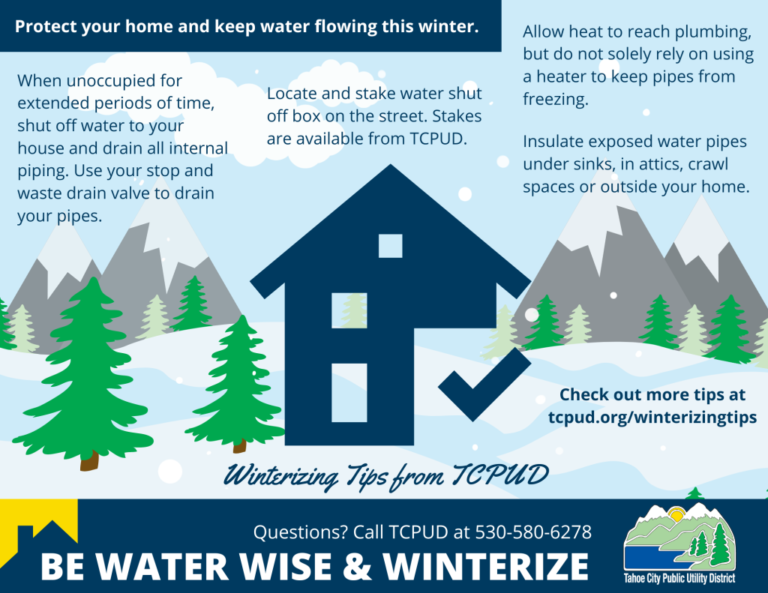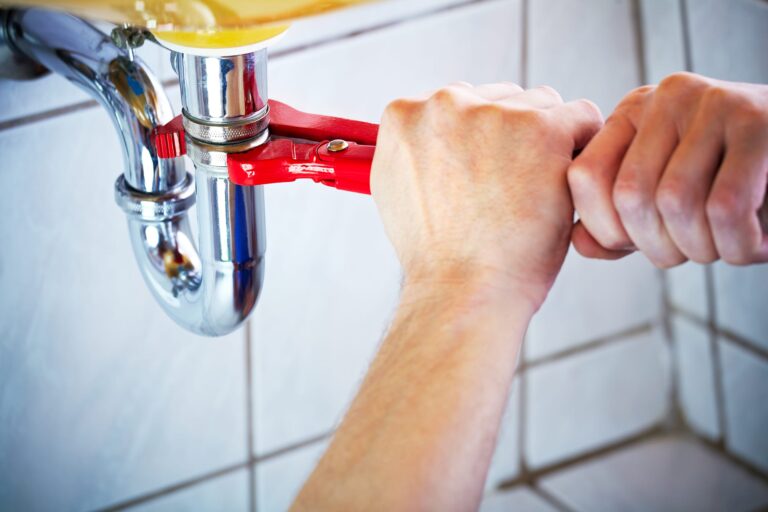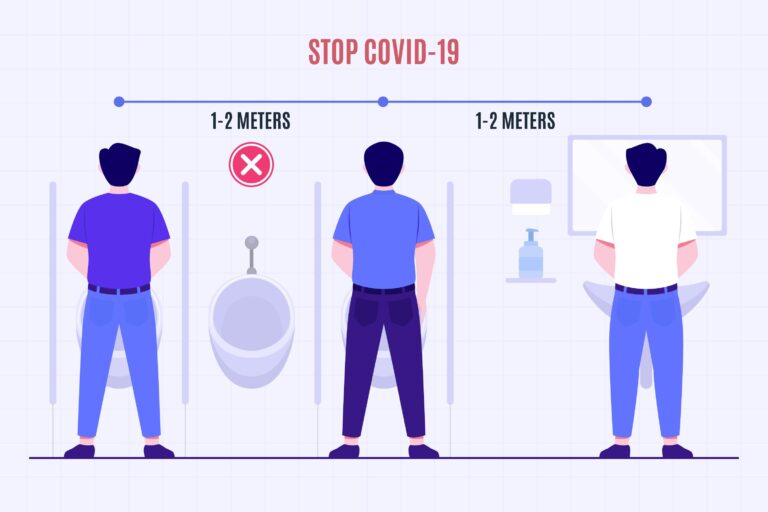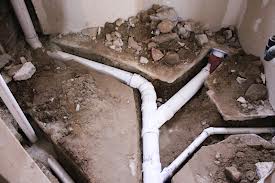What Is Plumbing Basics?
Plumbing basics is a term used to describe the fundamental knowledge required to understand and maintain a plumbing system. This includes the components of a plumbing system, the tools used to install and repair plumbing, and the techniques used to diagnose and fix plumbing-related problems. It is important for anyone who wants to work in the plumbing industry to understand the basics of plumbing in order to maintain a safe and efficient system.
Definition of Plumbing Basics
Plumbing Basics is the foundation of all plumbing work. It covers the basics of plumbing, including the installation of pipes, fixtures, and other components used in the plumbing system. It also covers the knowledge and skills necessary to maintain and repair a plumbing system. Plumbing Basics covers topics such as pipe size and materials, different types of fittings, traps, vents, and water heaters. It also covers the principles of water distribution, drainage systems, and the principles of pressure control. With a thorough understanding of plumbing basics, you will be better prepared to troubleshoot, repair, and maintain your plumbing system.
Types of Plumbing Systems
Plumbing systems are an essential part of any building, providing water and sanitation services. There are several different types of plumbing systems that can be used in a variety of environments. They include gravity systems, pressurized systems, and vacuum systems. Gravity systems rely on the force of gravity to move water and other liquids through pipes and fixtures. Pressurized systems use pumps to move water at a higher pressure than gravity systems. Finally, vacuum systems use suction to move liquids through pipes. Each type of plumbing system has its own advantages and disadvantages, so it is important to choose the right one for your particular application.
Common Plumbing Fixtures
Plumbing fixtures are essential parts of any home. From faucets to showerheads, these fixtures provide the necessary water and drainage needed for day-to-day living. Common plumbing fixtures include sinks, toilets, bathtubs, and showers. Sinks come in a variety of shapes, sizes, and colors and are often found in kitchens and bathrooms. Toilets are the most common waste-removal fixtures and come in a variety of styles. Bathtubs and showers are used for bathing, and while bathtubs can come in a variety of shapes and sizes, showers are usually found in the form of a stall or a showerhead attached to a wall. All of these fixtures are necessary for day-to-day living, and keeping them maintained and in good working order is key to a healthy home.
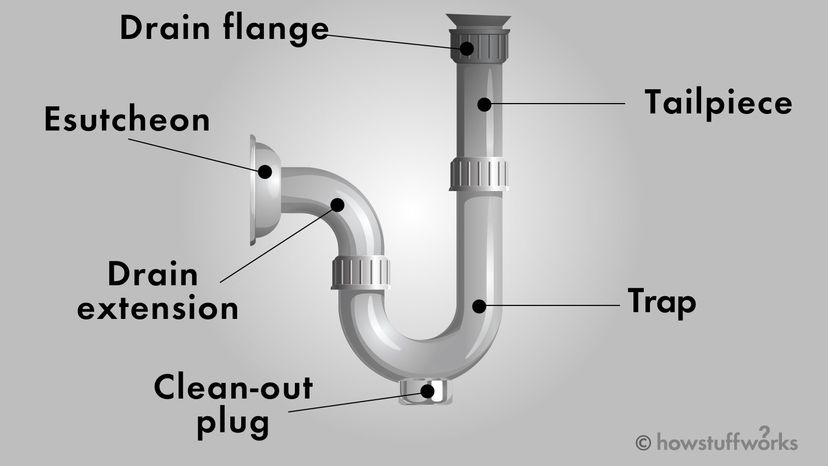
Plumbing Maintenance Tips
Regular plumbing maintenance is essential to ensure your home or business is running smoothly. Plumbing issues can be costly and time-consuming to repair, so it’s important to keep on top of plumbing maintenance to avoid disasters. Here are some top tips to help you stay ahead of potential plumbing problems. Check your pipes regularly for any signs of corrosion or leaks. Clean out the gutters and downspouts to ensure water is draining properly away from the foundation of your house. Use strainers in all your drains to catch any debris, and check for clogs regularly. Keep an eye on your water pressure – if it’s too high, it can cause damage to your pipes. Keep your water heater in check – flush out sediment buildup regularly to extend its lifespan. Lastly, if you’re doing any DIY plumbing repairs, make sure you have the right tools and know-how to avoid any costly disasters. With these tips, you’ll be able to maintain a healthy plumbing system in no time.
Potential Plumbing Issues
Potential plumbing issues are a common problem that homeowners often face. From clogged toilets to leaking pipes, plumbing issues can cause a lot of stress and inconvenience. It’s important to be aware of the signs of plumbing problems and to know when to call a professional. Common plumbing issues include clogged drains, dripping faucets, low water pressure, and running toilets. It’s important to know the causes of these issues to help prevent further damage. Additionally, regular maintenance of your plumbing system can help to catch and repair problems before they become major disasters. Don’t wait until the last minute; know the signs of potential plumbing issues and take action quickly to prevent costly repairs and potential water damage.
Professional Plumbing Services
Professional Plumbing Services provide a range of specialized services to ensure your plumbing system is functioning properly and safely. Our team of highly experienced technicians are dedicated to providing the best solutions for all of your plumbing needs. We offer everything from basic maintenance to major repairs and installations. We use the latest technology and techniques to ensure your satisfaction. We guarantee our work and offer free estimates so you can be sure you are getting the best value for your money. With Professional Plumbing Services, you can rest assured that your home is in good hands.
FAQs About the What Is Plumbing Basics?
Q: What is plumbing?
A: Plumbing is the system of pipes, drains, fittings, valves, and fixtures installed in buildings for the distribution of potable water and the removal of wastewater.
Q: What are the basic components of a plumbing system?
A: The basic components of a plumbing system include pipes, fittings, valves, fixtures, and drains. These components are connected using various techniques such as soldering, gluing, compression fittings, and clamps.
Q: What is the purpose of plumbing?
A: The purpose of plumbing is to provide safe and reliable water supply and sewage disposal. Plumbing also helps to protect the health of people by providing clean water for drinking, bathing, and other activities.
Conclusion
Plumbing basics is a great starting point for anyone who is interested in learning the fundamentals of plumbing. Through understanding the basics of plumbing, you can be more confident in tackling DIY projects or even hiring a professional to help you with more complex plumbing work. Plumbing basics covers everything from understanding the materials used in plumbing systems to understanding the basics of faucets, toilets, and water heaters. With the right knowledge, anyone can be confident in tackling plumbing projects.

